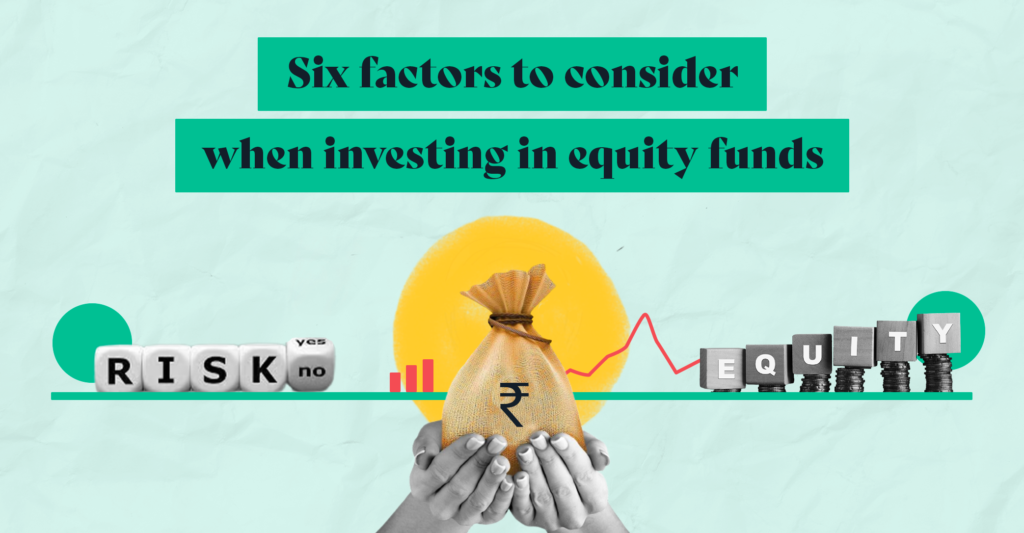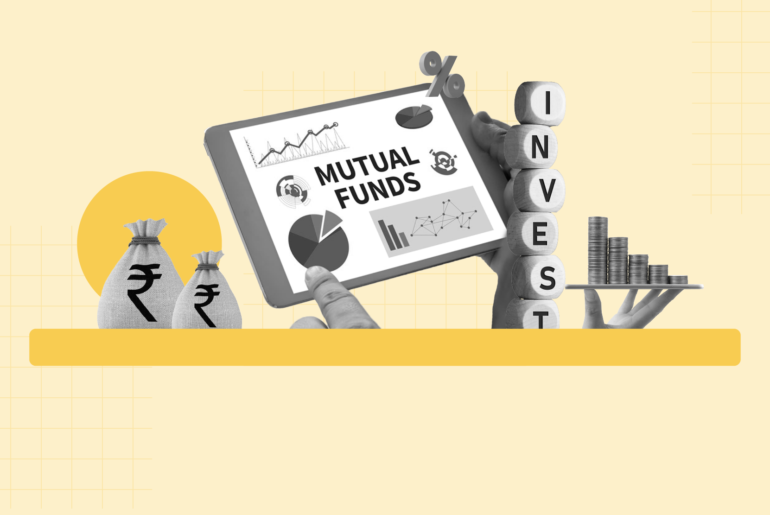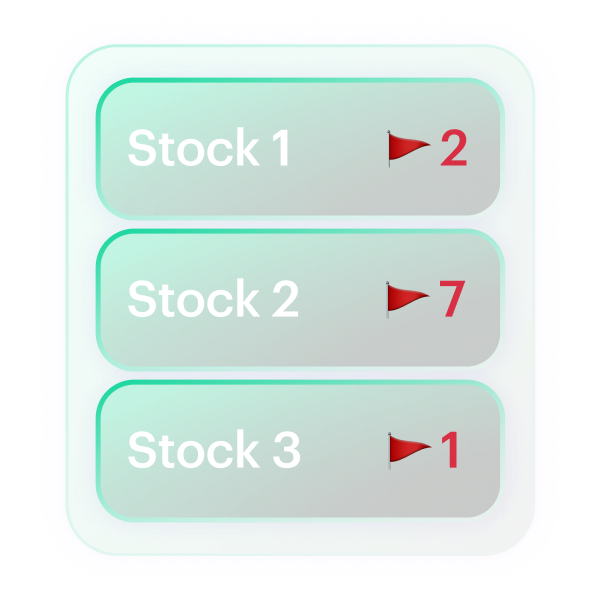Last Updated on May 24, 2022 by Aradhana Gotur
After all the unpleasant news about the Indian economy during the COVID-19 pandemic, the BSE Sensex made a positive rebound – hitting the mark of 50,000 for the first time in Jan 2021. Over the last decade, stock market investors who are wary of investing in stocks directly have instead opted for equity funds. Thanks to this, the average AUM of India’s mutual fund industry has grown from a modest Rs 5.92 tn in FY 2010-2011 to over Rs 31 tn in FY 2020-2021.
Table of Contents
What is an equity fund?
An equity fund is a type of mutual fund that invests its capital directly into company stocks or equity-related instruments.
Investing in equities through an equity fund means higher risk and volatility and provides higher returns over a long period. This is because equity fund managers invest their money into the best-performing stocks in the stock market. To help you earn good returns, they research and choose stocks with the most growth prospects.
Things to consider when investing in equity funds
With so many equity mutual funds to choose from, how do you decide which one is the right pick for you? Here are six factors that should help you make the right decision.
What is the goal of your investment?
The first thing to consider is the goal of your investment into equity funds. This can range from planning for your wedding expenses, child’s education, home purchase, or even your retirement. Your investment goal will help you decide how much to invest (capital) and also the investment duration. For instance, if you are looking to save tax and earn decent returns, then the Equity Linked Savings Scheme or ELSS is one option to look at to invest.
ELSS, a type of mutual funds, helps you save tax and earn decent returns Click To TweetWhat is your investment horizon?
Equity funds provide the best returns for long-term investments of more than five years. This is because equity funds are more volatile in a shorter period. For instance, the 1-yr rolling return of any equity fund – based on past performance – would be more volatile than the 10-yr rolling return for the same fund.
If you are looking for short-term investments, i.e. less than five years, debt funds are a better alternative to equity funds.
When is the right time to invest?
Should you invest in equity funds when the market is at a high or low? The reality is that the best time to invest in equity funds is today. In other words, there is no right or wrong time to start investing. The earlier, the better.
As equity funds are long-term investments, timing the market is a needless exercise – as they are designed to overcome market volatility and provide good returns in the long run.
What is your appetite for risk?
Your appetite for investment risk can determine the type of equity funds that you invest in. For example, if you want to play safe, it is best to invest in large-cap funds – or stocks of companies with high market capitalization. On the other hand, small-cap funds have higher volatility than large and medium-cap funds, hence have the highest risk factor among the three.
Additionally, your age can also determine your risk appetite. The younger you are, the more risk you can take as you have a longer working life to invest your money.
How is the fund performance?
Past performance of your equity fund can be another critical factor for choosing the right one. For starters, check the overall rating of the mutual fund and the track record of the investment company that is offering the fund. Depending on your investment period, check the 3-year, 5-year, or 10-year returns of the fund (in %) and if it has given consistent returns to its investors.
Although past performance is a critical factor to assess a Mutual Fund, it is no guarantee that the fund will continue to give good returns in the future Click To TweetHowever, past performance is no guarantee that the fund will continue to give good returns in the future.
Which is preferable – growth or dividend?
Growth-focused equity funds do not pay out any bonuses or dividends at regular intervals. As an investor, you can only earn your returns by selling out all (or a few) purchased units whenever you need them.
Dividend-paying equity funds pay out dividends – based on the number of purchased units and the prevailing fund price – at regular intervals. Some funds also allow you to reinvest your earned dividend into your fund.
In summary, equity funds offer a much safer mode of investing instead of purchasing company stocks directly. The six factors listed in this article can help you earn good returns from equity stocks.
Tickertape offers the best investment tools to simplify your investment decisions. Explore Tickertape’s Mutual Funds Pages to evaluate your favourite scheme.
- Top Large Cap Funds 2025: Discover Blue Chip Performers - Mar 27, 2025
- Gilt Funds in India: Features, Meaning, and Advantages - Mar 13, 2025
- Best Index Funds in India 2025: Top Performing Mutual Funds - Mar 13, 2025




